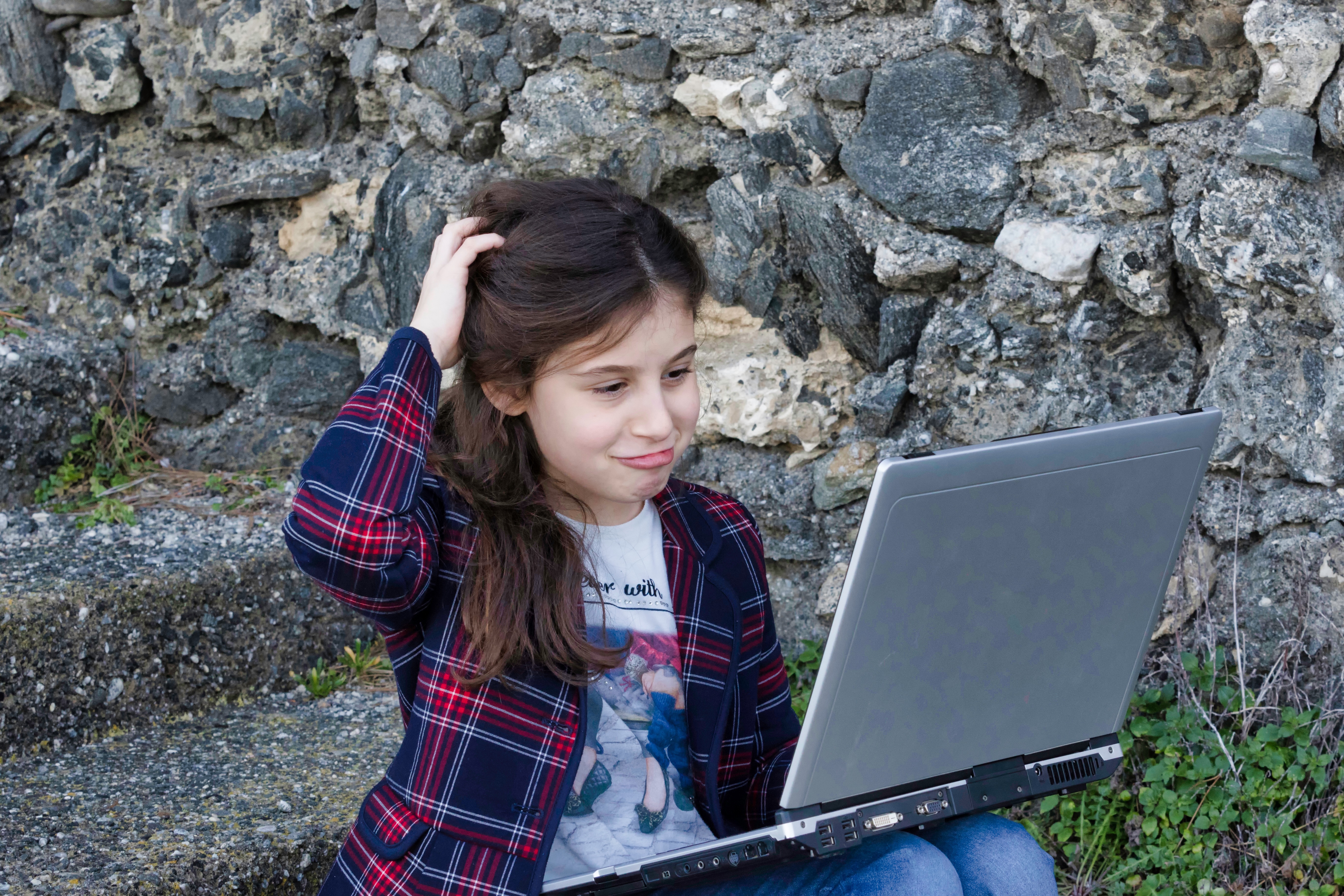Almost everywhere you look, there are children playing on their parents’ mobiles or watching a YouTube video on the family iPad.
It’s an easy option to keep the kids quiet and entertained when you are at the grocery store, on a road trip or on a long-haul flight.
But just because the parents are nearby, doesn’t mean the children are supervised. Australia’s leading cyber safety expert Susan McLean has issued a dire warning about the dangers of children and technology and the importance of monitoring internet use.
“I start to educate from Grade 2 onwards. It’s never too early. The minute kids are using technology, parents need to be educated, aware and empowered,” she said.
“Most parents give the children access to technology. Four-year-olds are using their parents’ iPads. There are many parents who want their kids to have the latest gadgets, but they don’t understand the risks involved. They blindly trust the children without realising the dangers.”
Know how to work parental controls and put limits on your child’s screen time
“Children shouldn’t have unlimited screen time – for one it’s a health issue. Parents must also know how the device they are giving the children works. They need to know how to turn on parental controls,” she said.
Supervising children’s internet time is vital. Ms McLean said primary-aged children were not cognitively developed enough to understand the risks of the internet, so its use should be tightly supervised until the children reach high school age. However, parents should continue to monitor even their teenager’s internet use.
The risks of unsupervised screen time is alarming
Ms McLean is aware of children as young as eight and nine sharing naked photos online. She said there were 11 and 12 year olds signing up to restricted age accounts such as Facebook and Instagram with kids being at risk of being groomed by predators. Ms McLean said rules that apply with social behaviour should also apply when it comes to internet use.
“I see about 85 percent of Grade 5 and 6 aged students having accounts on restricted aged sites. So 85 percent of 10, 11 and 12 year olds are on sites they are not legally allowed to be on. There are children as young as seven on Instagram,” she said.
“It’s easy to do, it’s easy for them to lie and get an account – but that doesn’t make it right. It’s not an excuse. Parents don’t allow their children to lie anywhere else in life, so why will they let them lie on the internet.”
So how do you keep a watchful eye on your children’s internet use and ensure their cyber safety?
“Be aware of what your children are doing and be involved. Keep the lines of communication open and know the sites they are on. Make sure they don’t engage with people you don’t know. Make sure they do not have accounts on age restricted sites and make sure they don’t have any internet activities in the bedroom (or in unsupervised areas),” she said.
“Don’t put your head in the sand and think it won’t happen to your child. Even the best kids are at risk. You have to educate yourself and be willing to parent in digital space. Parenting in cyber space is parenting in the 21st century – it’s non-negotiable.”
To find out more about Susan McLean, visit her website www.cybersafetysolutions.com.au
Her book ‘Sexts, Texts and Selfies’, published by Penguin, is available on her website or in all good bookstores.








